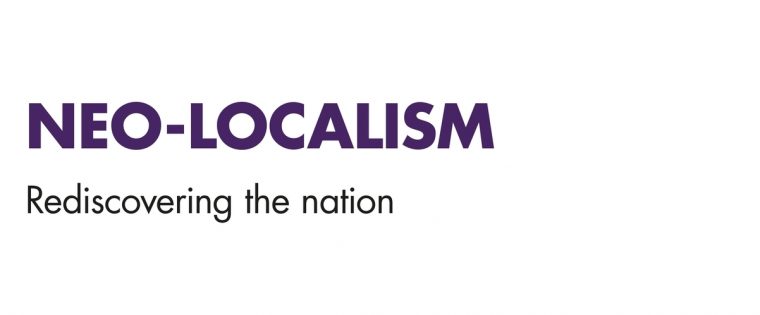Futures Forum: Devolution and social mobility > "Rural areas such as Devon, Kent, Cumbria and Durham, as well as coastal towns like Dorset and Norfolk, are all in the bottom 10 on the social mobility index."
This is from their home page:
NEO-LOCALISM
Our research and policy programme is guided by the concept of neo-localism. Neo-localism is about giving places and people more control over the effects of globalisation. It is concerned by economic prosperity, but also enhancing other aspects of people’s lives such as family and culture. It is not anti-globalisation, but wants to bend the mainstream of social and economic policy so that place is put at the centre of political thinking.
In particular our work is focused on four areas:
- Reshaping our economy. How places can take control of their economies and drive local growth.
- Culture, tradition and beauty. Crafting policy to help our heritage, physical environment and cultural life continue to enrich our lives.
- Reforming public services. Ideas to help save the public services and institutions upon which many in society depend.
- Improving family life. Fresh thinking to ensure the UK remains one of the most family friendly places in the world.
Each of these themes, and neo-localism as a concept, is explored further in our essay collection on Neo-localism: Rediscovering the nation. Contributors include Rt Hon Sajid Javid MP, Rafael Behr, Philip Collins and Claire Fox. Each essay takes on a question central to the future of localism and the broader political changes happening in the UK. Taken as a whole the collection is where Localis is heading intellectually, becoming a think tank which focuses on the idea of ‘place’ and why it matters to politics and policy.
And this is their essay collection:

Neo-localism isn’t a neologism. It has been in use for some time in human geography circles. A quick google search tells you it was coined by Wes Flack and refers to the idea of promoting and preserving community identities and cultures. Wanting to place it into a UK political context, we have what you might describe as ‘culturally appropriated’ the term. The only similarities between our definition and the original is the sense of ‘the local’ being acutely important to communities.
This collection is really a statement of where Localis is heading intellectually. We’ll certainly continue to produce precise policy research on the economy and public services, but we can’t be blind to the wider political breakdown the UK is experiencing. To not have a view on the nature of what is happening to our politics, to not be brave enough to take the risk of having an opinion and making it known, would be wasteful.
Neo-localism: Rediscovering the nation - Localis
See also:
Localis - Wikipedia
New localism - Wikipedia
.
.
.
No comments:
Post a Comment